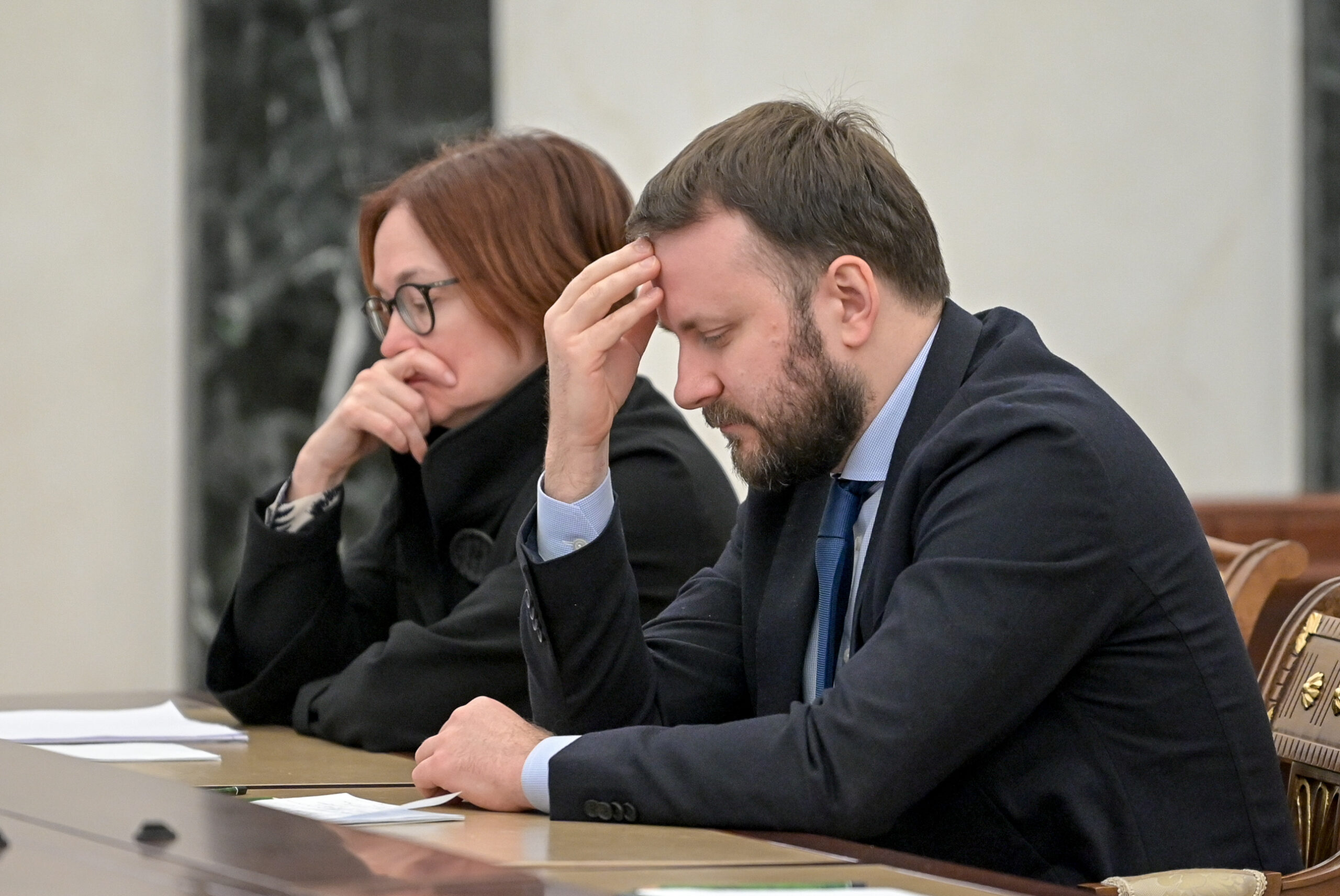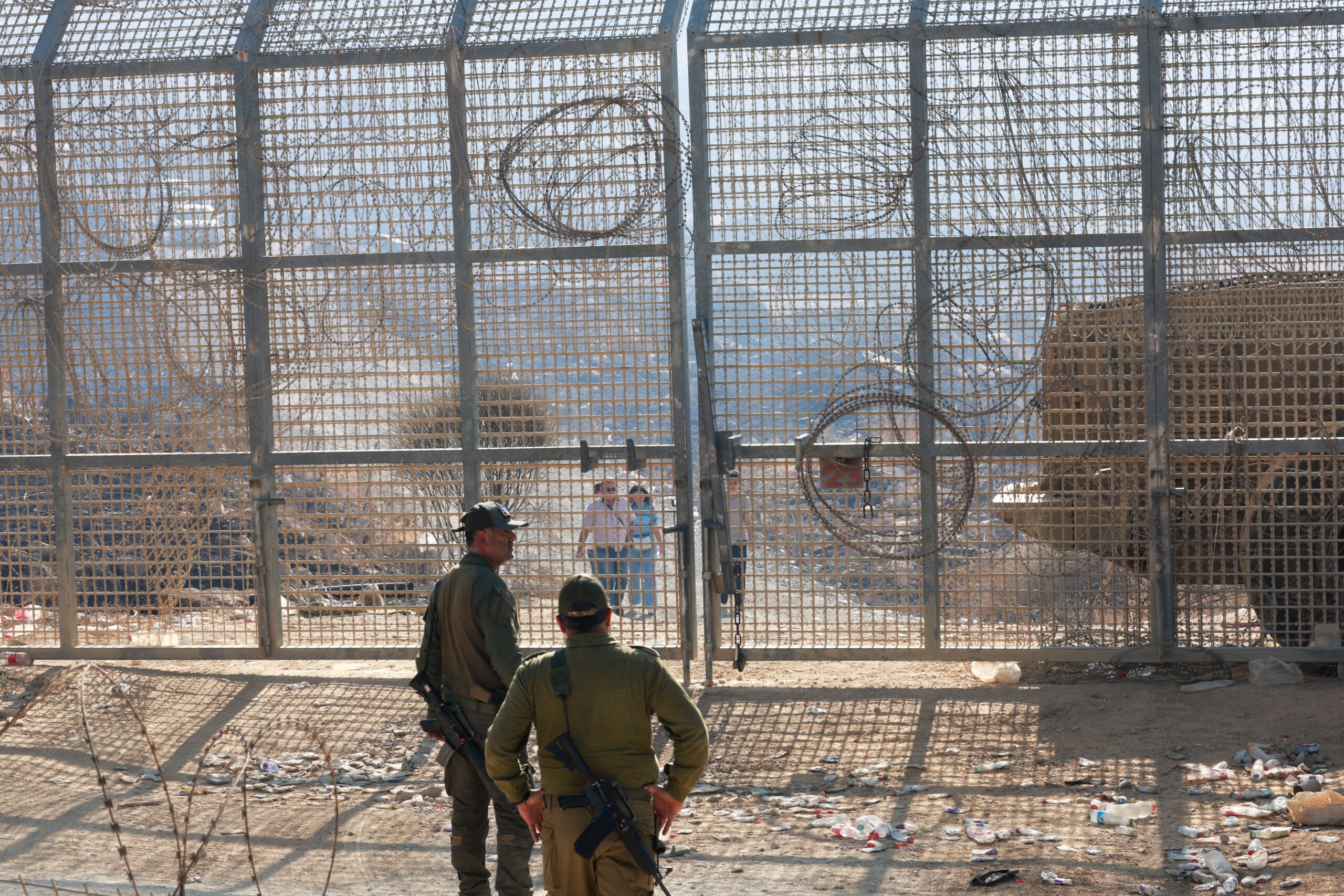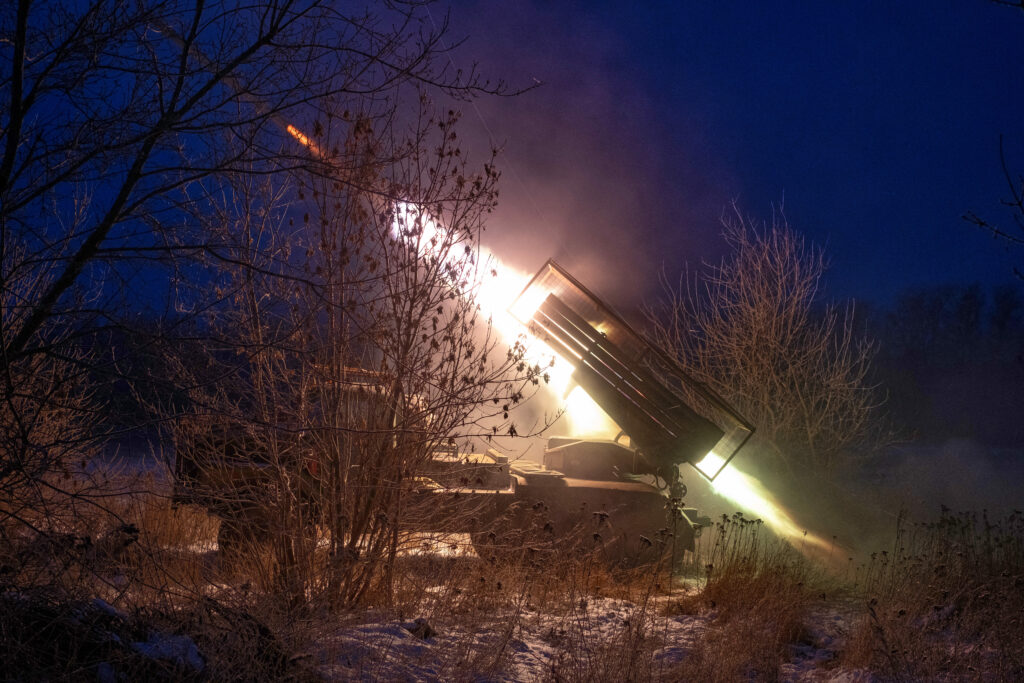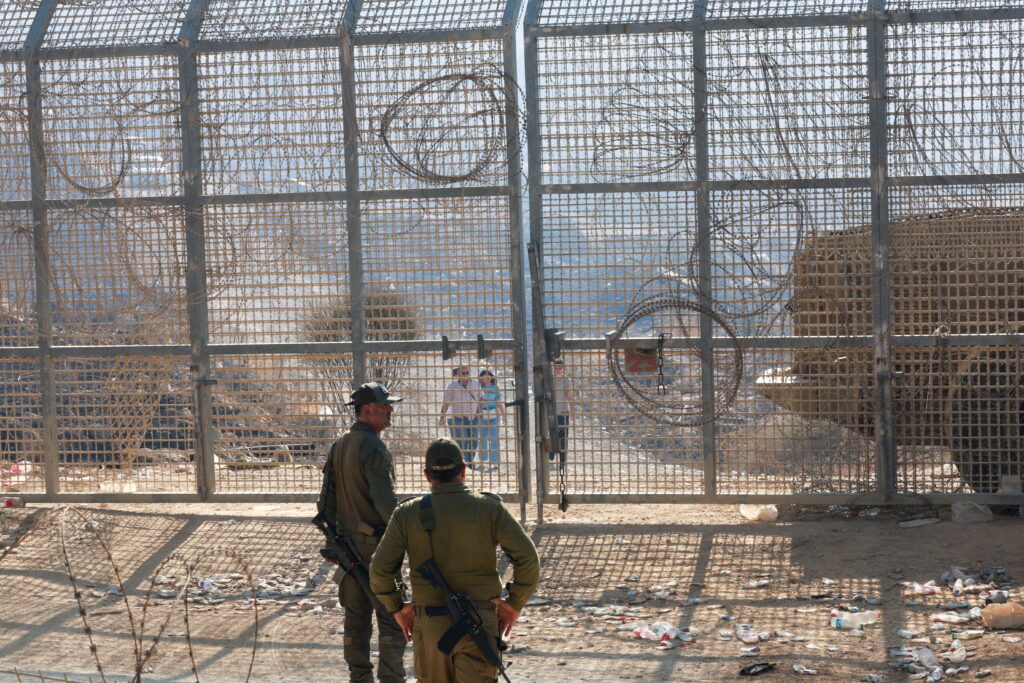Unwilling to counter Russia’s atrocities in Ukraine with direct military involvement, the West has opted to wage all out financial warfare. The imposed sanctions are unprecedented in scope, swiftness and unity. They include previously unthinkable measures like blocking sanctions on Russian banks, freezing assets of the country’s Central Bank and disconnecting several financial institutions from SWIFT.
The quick implementation of these harsh measures was unexpected, given the EU’s traditional foot-dragging and concerns about self-harm. So far, Russia’s invasion has triggered an extraordinary level of multilateral coordination, isolating Moscow on the international stage. The coalition of the willing already includes countries like Taiwan, Singapore, Switzerland and South Korea, all of which never joined Western measures against Russia in the past.
Full blocking sanctions
The West’s response started with full blocking sanctions on Russian banks. In 2014, Russian financial institutions were targeted by sectoral sanctions, but no major banks were placed on the SDN List. The invasion of Ukraine whetted the West’s appetite to go for a big fish. The US and allies sanctioned the country’s state-owned second-largest bank VTB and a handful of other financial institutions (Sovcombank, Otkritie and Novicombank). The US and UK also prohibited any dollar and sterling transactions for Sberbank, Russia’s largest financial institution which occupies 37% of the country’s financial system. The net effect is the cut-off of Russia’s most systemically important bank from the US and UK financial systems.
After a week of sanctions, Sberbank announced that it is pulling out from the European market due to liquidity problems. VTB is preparing to follow suit, while the bank’s membership of the London Stock Exchange was suspended. Being blacklisted in all Western jurisdictions, any transactions with VTB — incoming and outgoing — are prohibited. Visa, Mastercard and American Express are suspending all of their operations, forcing Russian banks to explore cooperation with Chinese UnionPay.
SWIFT
The West also disconnected selected financial institutions from SWIFT, mainly those already on financial blacklists. The key systemic banks, however, remain untouched. For example, Gazprombank, which is the main conduit for energy-related transactions, dodged tough sanctions. Due to its high dependence on Russian hydrocarbons, Europe has little appetite to target the energy sector or oil and gas payments.
In another hint of caution, the West refrained from a blanket ban on all Russian banks as the US is mindful of long-term drawbacks. The surgical approach to de-SWIFT-ing Russia aimed to prevent further development of alternative payments that could undermine the US-centered global financial system. So the current much toutedcut-off from SWIFT hardly has an uprooting effect on par with full blocking, but it’s an important add-on. Any alternative to SWIFT, such as email or fax, will be slower, less secure and more cumbersome. The short-term impacts will be unsettling, as Russian banks will have to find new ways to communicate transactions. Russia’s own messaging system SPFS currently lacks the network effect and does not have the same technical standards as SWIFT, putting limitations on the system’s operational capacity to transmit messages.
The Central Bank sanctions
Sanctioning the Central Bank of Russia (CBR), the truly nuclear option, is unparalleled. Previously, such draconian measures were deployed only against a handful of rogue states such as Iran, Venezuela, Syria and Cuba. Seeing Russia, a G20 economy, joining the ranks was unconceivable until Russia’s tanks rolled in. Beforehand, pundits argued: Russia is not Iran and such harsh measures are not a viable option. Now, as the sanctions are in place, the argument goes: Russia is not Iran and the impact of the Central Bank sanctions on the Russian economy will be devastating.
The CBR’s ample international reserves worth $ 630 billion were the key foundation for Moscow’s fortress strategy. After the US and its allies agreed to squeeze Russia’s stash of reserves and around $ 400 billion is currently frozen, Russia’s fortress is quickly becoming a sandcastle. Without access to reserves, Russia’s ability to stabilize the economy is crumbling.
The CBR is now constrained in its options to prop up the value of the rouble, prevent a run on banks and bail out commercial institutions. Despite Russia’s strategy of de-dollarization, Moscow is left with access to gold (ca. $ 140 billion) and Chinese yuan (ca. $ 80 billion) — both of which are not easy to sell or convert on short notice. Selling 2000 tons of gold bars can only occur incrementally, while the number of buyers is limited. Moscow might seek to sell off its yuan reserves, but the Chinese currency has problems with liquidity.
On top of the high-impact sanctions, Russia is experiencing an exodus of Western businesses due to reputational costs. Regulatory uncertainty and lack of conformity have accelerated achilling effect among foreign banks and international conglomerates. As the whole country is perceived toxic, Russia is undergoing a serious decoupling in commercial, financial and technological terms. In the long run, the country will become more isolated, embittered and less transparent, as international partners turn their back.
Endgame
The objective of the new sanctions is not to change the Kremlin’s calculus, but to erode Russia’s economic capacity to continue financing the war. Having failed at deterrence, the West’s sanctions of unprecedented measures are largely about punishment and constraint. The Russian elites factored in serious sanctions prior to the invasion, but they heavily misjudged the unprecedented level of international push back. Western economic warfare put the Russian economy en route to default and stagflation.
On the scale of 10, the current pressure of sanctions equates to 7 or 8. Further sanctions can be added to put more strain on the Russian economy. The US is weighing on imposing a ban on the Russian oil imports. More Russian banks can be placed on the SDN List; more financial institutions can be removed from SWIFT. Washington can resort to the use of secondary sanctions to prevent the conduit of any significant transactions with non-aligned countries.
Sanctions are better used as leverage, strategically communicated to the target. Today’s drastic measures lack conditionality. A clear endgame is missing. Disruption for the sake of disruption will be received with resentment and antagonism. The burden of choice must lie with the Kremlin. The US and allies should use their measures of «massive consequences» to table strong demands. The unprecedented measures should not be wasted for a ceasefire or a negotiated settlement, but leveraged to maximum concessions from Russia, starting with a full withdrawal from Ukraine.










